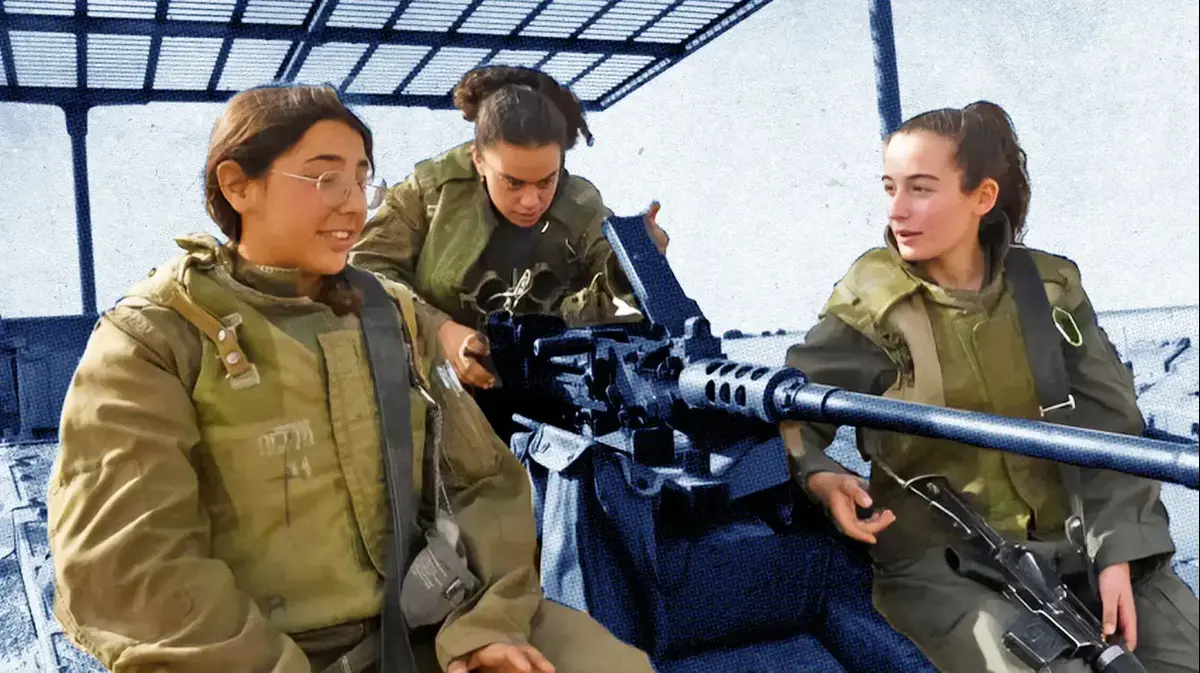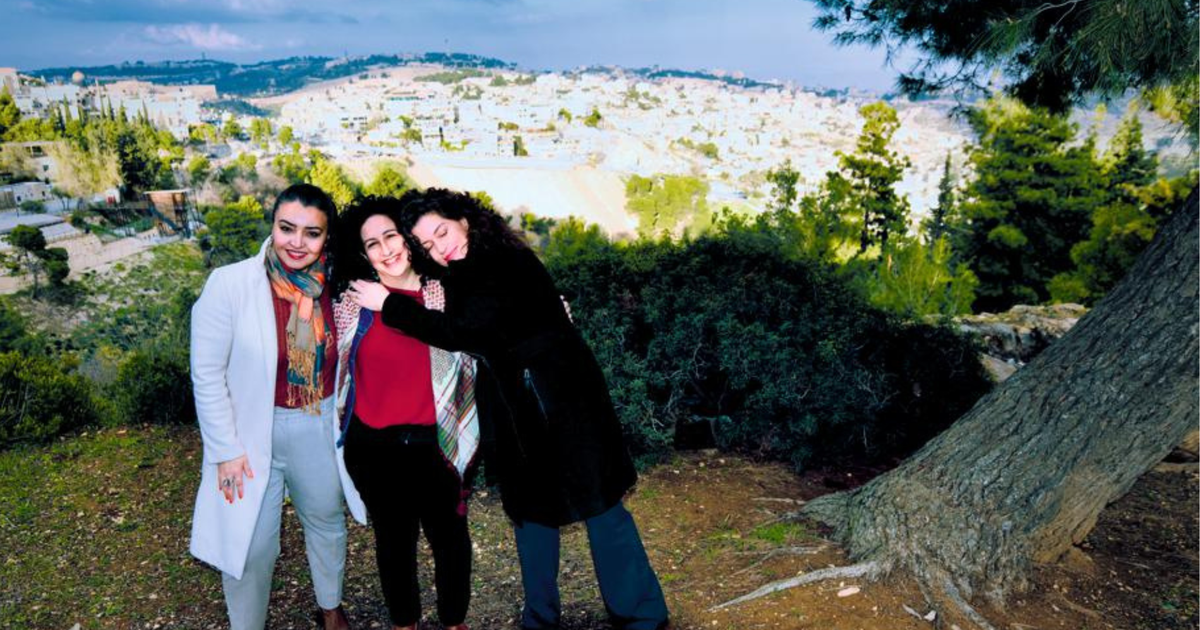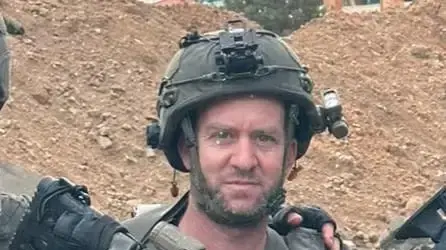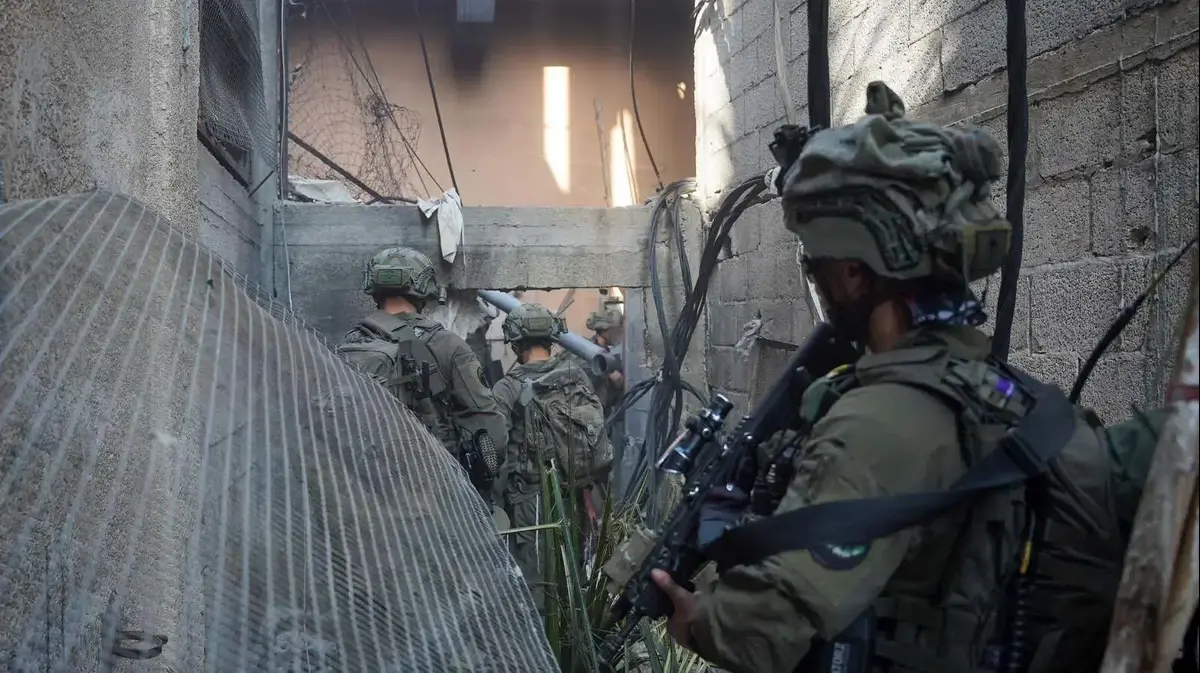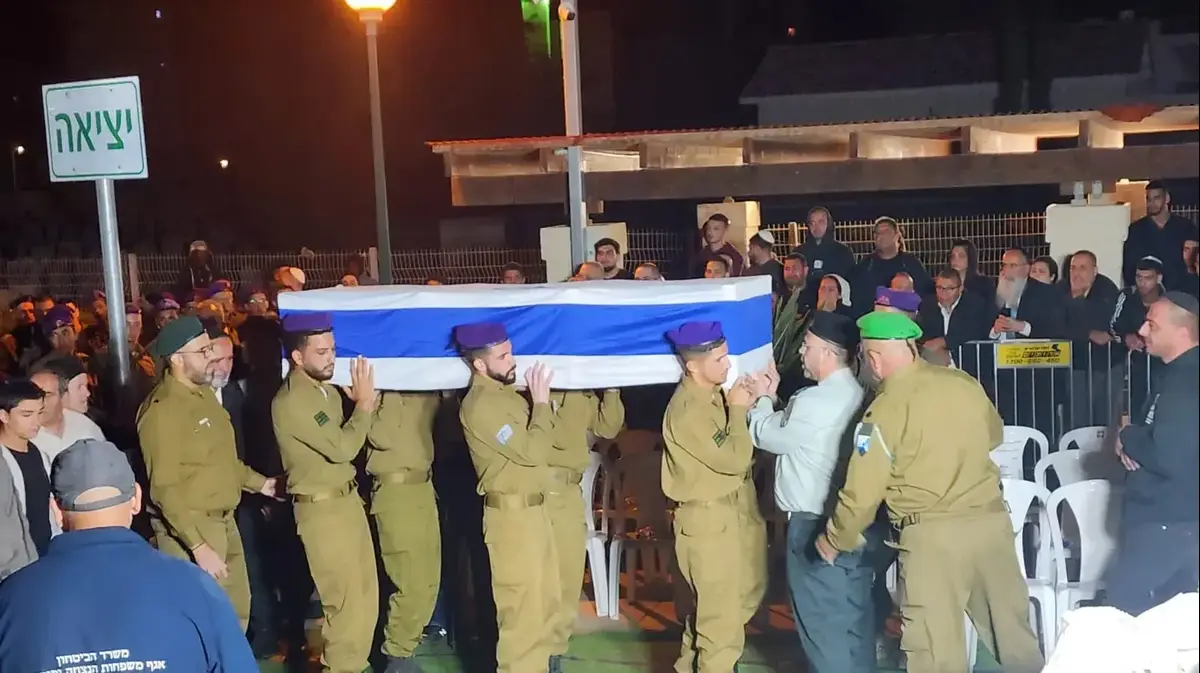They are with them in anxiety attacks and when they shout at night • Roni Shakedi went out with two victims of post-trauma and decided to write a book: "There is a limit to how much you can deal with it alone"
"In my first week as a casualty paramedic, Operation Eitan began.
My partner at that time suddenly disappeared for two weeks and only then did I realize that he was inside the Gaza Strip.
When he left I was given a few hours off to meet him.
The excitement was great but when I saw him he was unable to look and touch me.
I immediately realized that he was in battle. "
Roni Shakedi is familiar with the world of post-trauma, and not only because of the role she played in the army.
Two fighters with whom she has been in a relationship over the past few years have been diagnosed with PTSD, a post-traumatic stress disorder.
And on her personal experiences she based the first book she wrote, "Nomads," a novel that came to illuminate the lesser-known subject with an emphasis on the mates of the warriors she calls "the silent warriors."
"Later I met another guy who fought a solid cliff in the Gaza Strip," describes Shakedi, 25, editor of "Recommended" magazine and author of speeches at the Ministry of Spokesperson and Communications, "on which the book is actually based. In his case, I only found out in retrospect that he was a battle and it was a process we went through together."
According to her, the signs she encountered her partner also disturbed her, "At the beginning of the relationship, during one of the meetings, he suddenly fell silent, gathered inside himself and started mumbling all sorts of things and it really stressed me out. "When I suddenly walked away and started crying, he suddenly 'woke up' and realized what had happened. This is a non-normative situation, but it is part of the lives of post-traumatic people and also of their spouses."
On the difficulty of living next to a battle-stricken person, she says, "It's about instability in the relationship, uncertainty about the other party's reactions, nightmares, sudden disconnections, fear of fireworks, crowds on the street, physical proximity of a stranger can put them under stress, one word out of place and the reaction "Your partner can be very unexpected. You are always afraid to touch a sensitive point."
Through the novel she wrote, Shakedi seeks to raise environmental and social awareness for post-trauma victims, their wives and also their spouses.
"They are there when he screams out of sleep, they are there even if violent reactions are involved, and they are there to embrace and forgive," she emphasizes, "they are there to contain but there is a limit to how much you can deal with it alone. The battle is over, but it has not yet permeated enough and does not apply to spouses who for one reason or another did not come into the marriage covenant. "
Another point she seeks to highlight has to do with the current generation of which she is a part, "Tzuk Eitan was the first time my peers and my generation, the generation of smartphones who are already slightly emotionally crippled, experienced a major military and security event and now it faces its consequences. To deal with them and especially for those who carry the wounds of war with them. "

